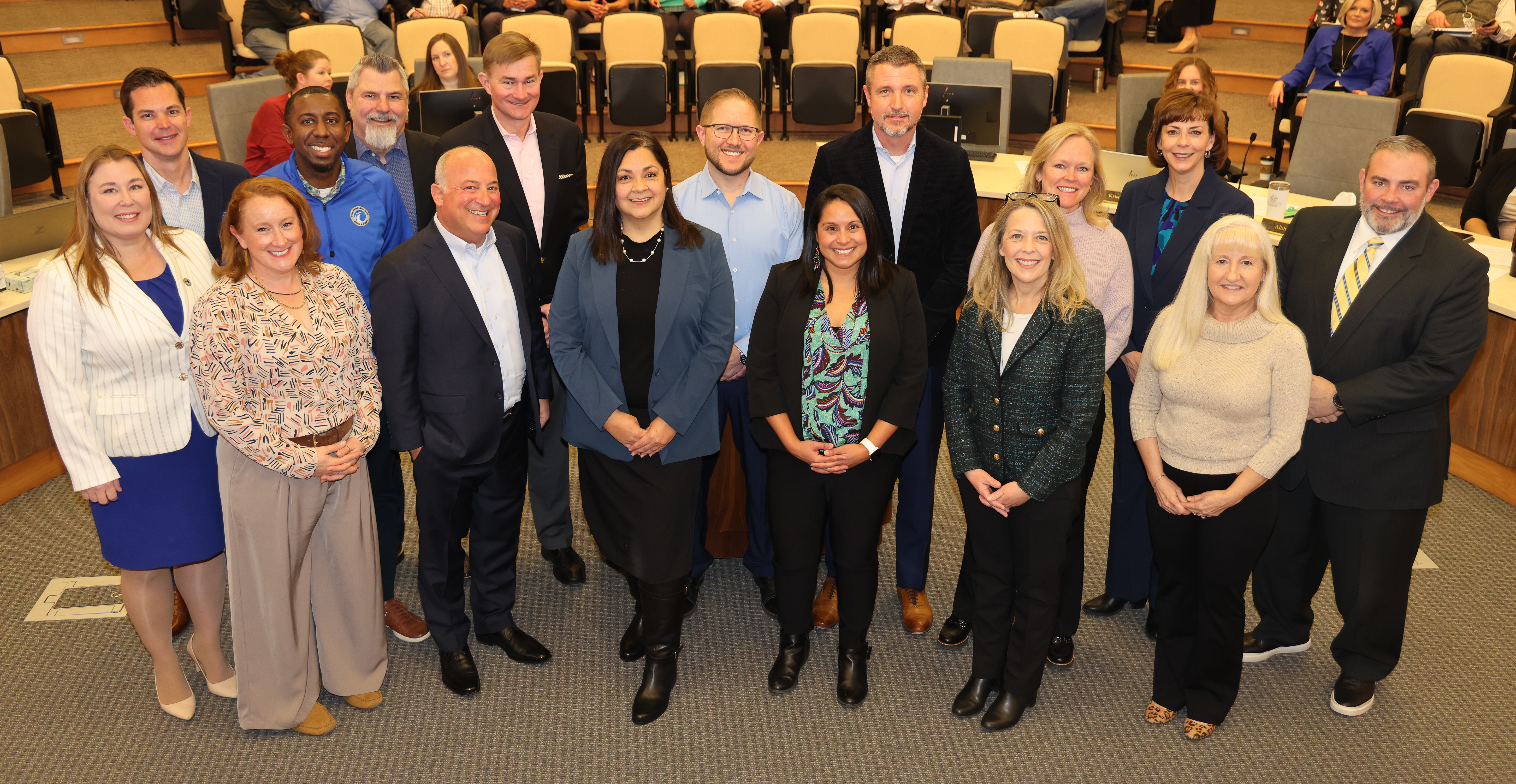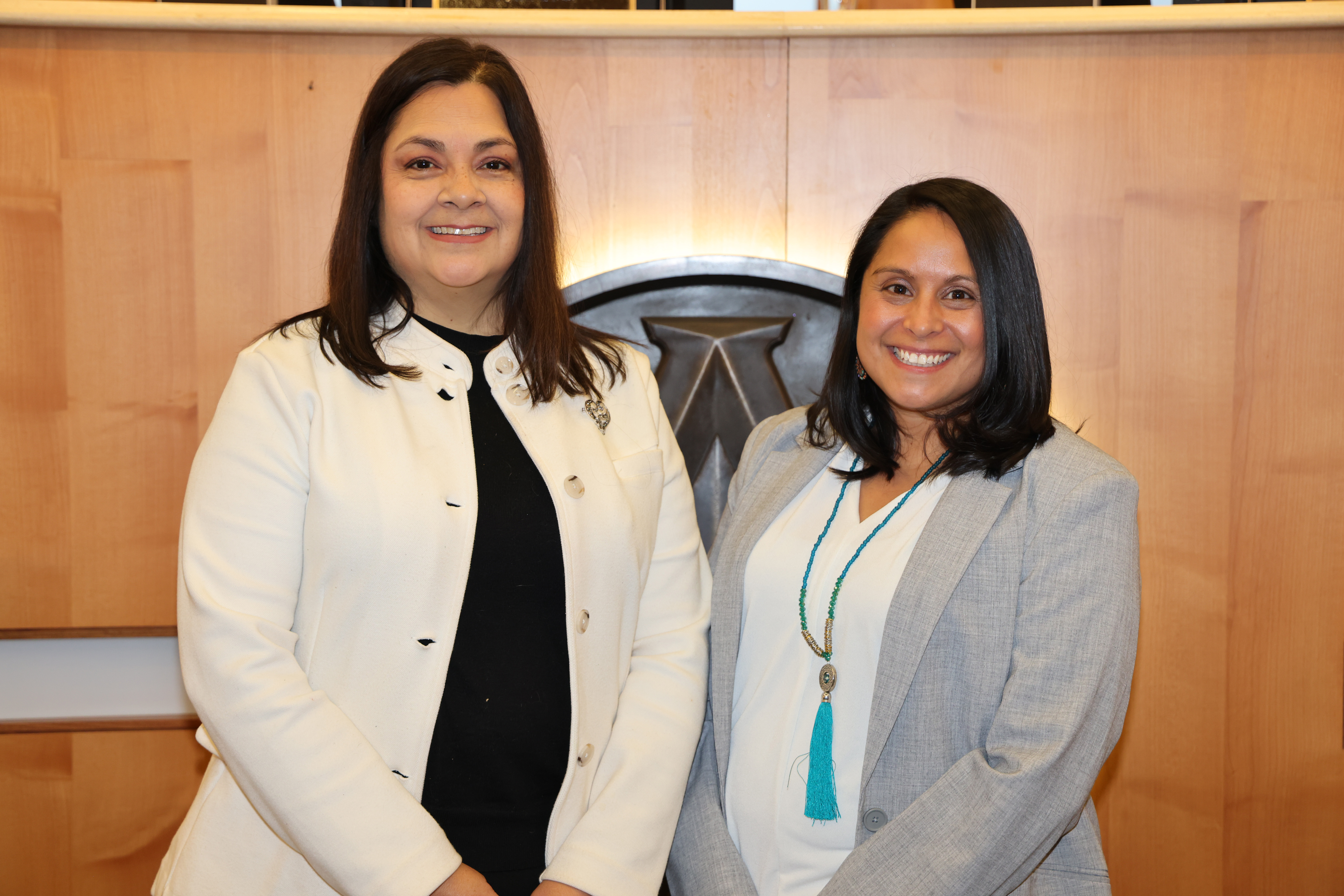
This holiday season are you aiming to be on Santa’s naughty or nice list?
Did you know?
- The average American generates about 25% more waste during the holiday season, amounting to roughly 1 million extra tons of waste per week from Thanksgiving to New Year’s.
- Approximately 30% of gifts are returned or not used.
- In the United States, an estimates four million tons of wrapping paper is discarded each year during the holiday season.
- Americans waste 25% more food between Thanksgiving and New Year’s, amounting to one million tons during the holiday season.
Adams County Sustainability wants to provide you with some tips and resources to avoid a lump of coal in your stocking from Santa Claus!
Wrapping Paper:
Reuse wrapping paper, gift bags, and tissue paper from previously received gifts. If you don’t have any leftover paper or bags, be sure to save or recycle your wrapping paper and bags this year. Unfortunately, not all wrapping paper is recyclable due to metallic finishes or plastic coatings.
If you really want to get on the sustainability bandwagon, repurpose old maps or newspapers or wrap gifts in fabric which can be reused.
Decorations:
Stay away from plastic ornaments that will take a long time to break down in a landfill. Instead, use reusable decorations that you can enjoys for years to come.
Tree Choices:
Want to get the perfect Christmas tree this holiday? If you choose a cut tree, make sure it’s from a sustainable farm. Also, consider a potted tree that you can replant after the holidays.
Although artificial trees last longer than a real tree, they have three times more impact on climate change and resource depletion. Unless you keep your artificial tree for over ten years, it is a less sustainable purchase than a real tree.
Most municipalities in the Denver metro area offer drop-off sites for Christmas trees after the holiday season. Search “Christmas Tree Recycling” and the name of your city, town, or county for more information.
Food:
At holiday time, there is always a lot of eating. Be mindful in your food preparation. If you do prepare more food for a party or get-together than needed, be sure everyone takes leftovers rather than throwing the food away. If leftovers go bad before you can eat them, be sure to compost the excess food.
If available, buy food locally from farmer’s markets or use food grown from your garden. Think about incorporating more plant-based dishes in your holiday menu to reduce your meal’s carbon footprint.
Gifts:
Do your best to buy locally made gifts. This not only supports local businesses but reduces carbon emissions from gifts that must be delivered from thousands of miles away. Remember to bring your own reusable bag when shopping.
If you want to be even more sustainable, choose experiences over things. Give your loved ones or friends tickets to events, classes, or memberships instead of physical gifts. You can also prepare a handmade gift like a baked good or craft.
Think about choosing a reusable gift like a reusable straw or bamboo utensils.
If you’re feeling extra generous this holiday season, donate to a cause in your loved one or friend’s name instead of a physical gift.
Lights:
Want to win your neighborhood holiday lights contest? Instead of traditional incandescent lights, use LED lights to be more energy efficient. Put your lights on a timer so they only turn on at certain times, saving even more energy.
Switching to LED lights can reduce energy consumption by up to 80% compared to traditional bulbs.
You can recycle old holiday lights in the Denver metro area by visiting a hardware store or some local municipal recycling drop-off sites also accept them. Be sure to check online or call to confirm lights are accepted for recycling.
If you live in a neighborhood that loves to decorate for the holidays, bundle up and opt to take a neighborhood stroll instead of driving from house to house.
Candles:
During Hanukkah and Kwanzaa, candles are used for different celebrations. Considering purchasing candles made from natural alternatives like beeswax or soy instead of paraffin wax which is derived from petroleum.
By incorporating some of these sustainable tips, you can make more informed choices and promote sustainability during the holiday season!




 Adams County and AltitudeX Aviation Group proudly announce a groundbreaking partnership to position Colorado Air and Space Port (CASP) as a premier nexus for aviation and aerospace growth and innovation.
Adams County and AltitudeX Aviation Group proudly announce a groundbreaking partnership to position Colorado Air and Space Port (CASP) as a premier nexus for aviation and aerospace growth and innovation.


